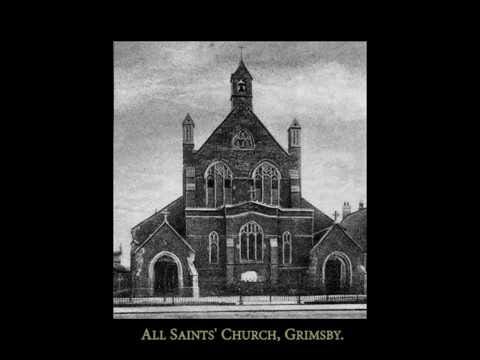Wake, Awake, for Night is Flying
Philip Nicolai, 1599; translated by Catherine Winkworth
The year is 1598, and the time is early morning. A middle-aged minister in the Westphalian town of Unna is sitting at his desk, praying, with a pen in his hand. He is a poet, a theologian, and a musical composer all in one, rare even for that time, unheard of in ours. The plague has been through Unna — actually, since 1348, the plague had settled down i…
Keep reading with a 7-day free trial
Subscribe to Word & Song by Anthony Esolen to keep reading this post and get 7 days of free access to the full post archives.


